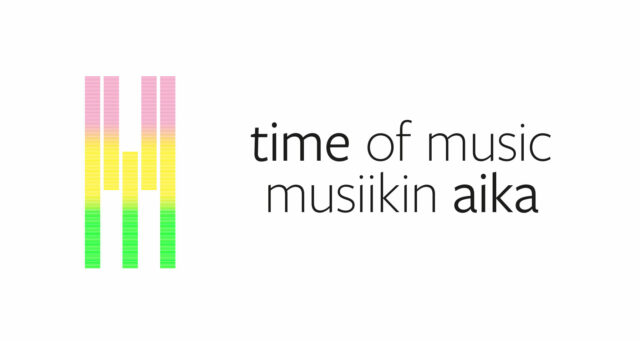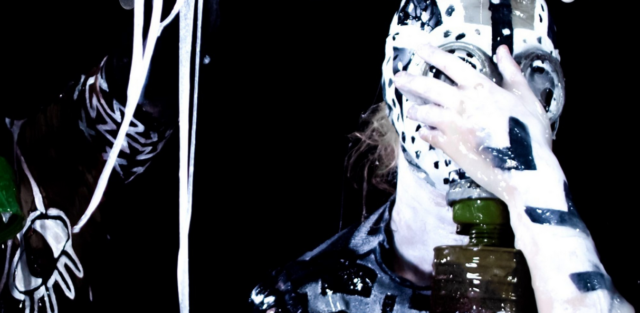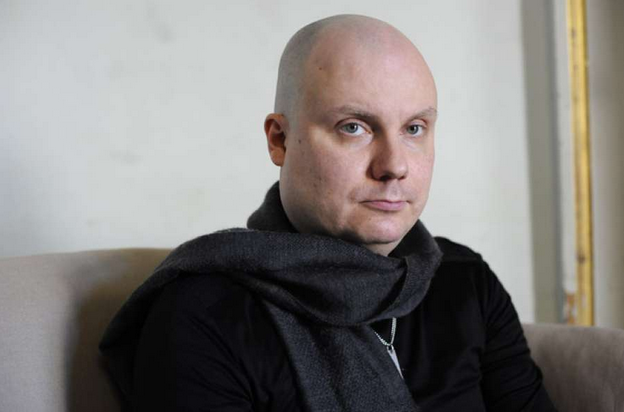Could emphatic escapism in fact be the best reflection of the current time, where all of us wish that we were living in the past? Perhaps a symbolic farewell to that which is past is the best way to proceed to something new? Johan Tallgren, Sounds Now partner and artistic director of Time of Music festival, examines the concept and practices of curating at festivals, and explains that the concerts at this summer’s festival will be memorial plaques of the future.
Excerpted from Finnish Music Quarterly:
(…) When it became apparent that most of the international guests invited to the Time of Music festival in summer 2021 could not make it and that the programme would largely have to consist of chamber music, it dawned on us just how much repertoire there is that reflects in nostalgic and bittersweet tones on the lost world of bourgeois chamber music. Many socially conscious composers nevertheless love the music of Schubert and Schumann, even though it was conceived in a bygone era whose values now seem largely outdated.
Modern commemorative nostalgia harking back to a lost age is understandably a non-existent genre in Finland, given our relatively short history. Could emphatic escapism in fact be the best reflection of the current time, where all of us wish that we were living in the past? Perhaps a symbolic farewell to that which is past is the best way to proceed to something new? Accordingly, the concerts at the Time of Music festival in summer 2021 will be memorial plaques of the future, so to speak, manifestations of the importance of remembrance. These issues will be addressed for instance by Uusinta Ensemble, Tristero Trio and Kaaos ensemble.
A similar example will be provided by the collaboration between Ensemble Extrakte, a multi-cultural collective led by Sandeep Bhagwati, and the Tölöläb ensemble. The Nagori Rengakai (Memory Linkage Sessions) production will be performed both at Viitasaari and in Berlin during the festival. We will also see a digital rendition of the ancient Japanese tradition of collaborative poetry, renga, which was of interest to John Cage in his day, as musicians send each other videos of improvised music from Viitasaari to Berlin and vice versa during the festival. Progress on this work may be followed in the festival’s digital channels on a daily basis, and the final product will be heard at the Nagori online concert on 10 July.
Another interesting ‘memorial plaque’ is the installation ritual Memorial of Rebellion by composer Brigitta Muntendorf and director Michael Höppner, which is itself a product of the pandemic era. Because their work Songs of Rebellion cannot be performed, they created an installation version that at the same times serves as a memorial plaque for all the rebellions we never began.
Read the full article here.


